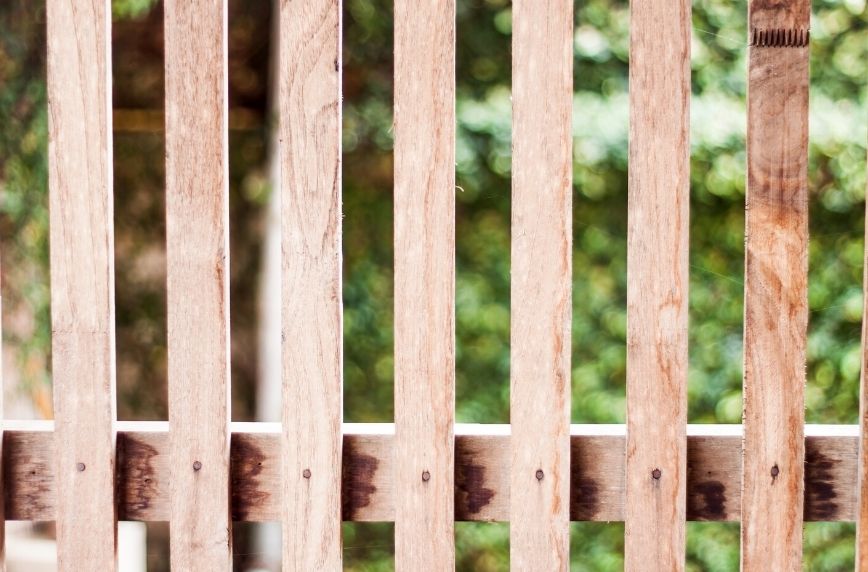What to Consider Before Building a Fence


A fence can make a great addition to your home because it adds an attractive visual element to your yard and can increase the privacy you have when you go outside. As with most substantial home additions, though, you should spend time examining your options as well as the external limiting factors that could influence the ultimate direction you take when you begin erecting it. Here’s what to consider before building a fence.
The Fence’s Purpose
Not every fence is the same, and people want them for varied reasons. As touched upon, a fence may be purely decorative. You may want it mainly to enhance your home’s exterior and give it a more refined look or a cheerful appearance, in which case, it won’t need to be tall and can have wide spaces between its pickets or bars. If you’re after added physical protection for your home and aren’t as concerned with aesthetics, you might choose a sturdy chain link fence that you know you can rely on. It’s also possible you want your fence to fulfill multiple purposes. Think about which one is the most important to you as you narrow down your decision.
The Local Regulations
More than likely, you must work within city, town, and/or homeowners association regulations when putting up a fence. A crucial step in what to consider before building a fence is checking on these regulations and understanding them. You may have restrictions placed on how high the fence can be, what color you can paint it, where you can erect it, and sometimes even its overall style. In addition, you’ll probably need to obtain a permit from your local government in order to legally construct the fence. If all this sounds complicated, you can hire a trustworthy fencing company to help you navigate the laws.
The Best Material
The ideal fencing material for you is not going to be universal to everyone. You might like cast iron for its classic appeal or PVC because it is low maintenance. Certain materials may be more attractive to you or objectively more durable than others, making them fit for different purposes, and further, you may be influenced by your area. For instance, the climate where you live may be humid. With so much moisture in the air, a wooden fence might easily rot. In that case, you might choose vinyl for your fence instead. You can decide on the best fencing material for you by looking at various options and weighing their different strengths and weaknesses. The one that is most in line with both your vision and practical needs is the one you should settle on.
